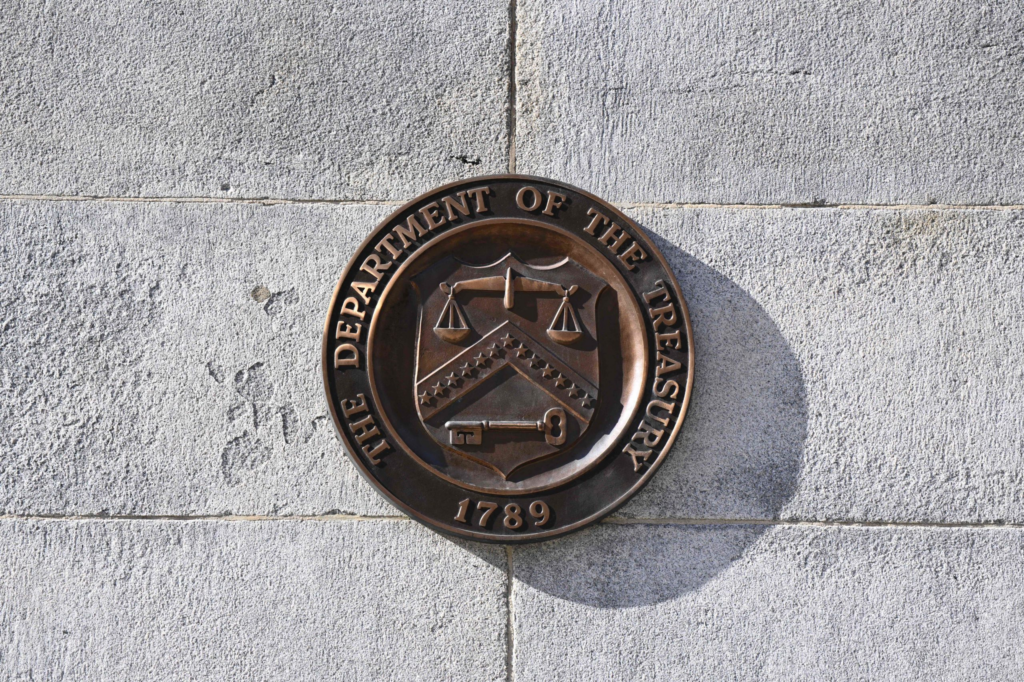
OFAC Fines U.S. Person $1 Million for Multiple Violations of Sanctions Regime Against Iran Nexovant Digital Realty

In one of the more notable enforcement actions of 2024, the U.S. Department of the Treasury’s Office of Foreign Assets Control (“OFAC”) recently imposed a $1,104,408 civil penalty on a U.S. person for 75 separate violations of the Iranian Transactions and Sanctions Regulations (“ITSR”). The underlying violations, which occurred from 2019 to 2022, involved the purchase, renovation, and operation of a hotel on the Caspian Sea in Iran. This enforcement action is particularly significant, as individual cases of this nature are rare and underscores the comprehensive application of U.S. sanctions laws, even in instances involving non-corporate actors.

The violations stemmed from a deliberate and multifaceted scheme to finance the Iranian hotel project through two distinct methods. First, the unnamed individual sold real estate previously acquired in Iran and reinvested the proceeds into the hotel. Second, the individual transferred funds from the United States to Iran using an informal value transfer system (“IVTS”) facilitated by a Canadian money services business (“MSB”). OFAC’s investigation revealed that the individual maintained accounts at Bank Melli Iran and Bank Keshavarzi Iran—both designated entities on OFAC’s List of Specially Designated Nationals and Blocked Persons (“SDN List”). These accounts were used extensively to fund renovations and operations related to the hotel.
The IVTS arrangement, which played a pivotal role in the scheme, allowed the individual to evade prohibitions on commercial financial transfers between the United States and Iran. This system involved remitting U.S. dollars to designated individuals in the United States—persons with no prior relationship to the individual—in exchange for Iranian rials deposited into the individual’s accounts in Iran. OFAC determined that the informal nature of these transfers, coupled with deliberate attempts to obscure their true purpose, constituted clear efforts to circumvent U.S. sanctions. Payments to contractors and fees associated with obtaining Iranian government permits were facilitated through the same MSB network.

When the first U.S.-based financial institution flagged these activities in mid-2020, an internal investigation ensued. That institution eventually terminated its relationship with the individual after identifying the Iranian nexus in the transactions. However, rather than ceasing the violative behavior, the individual subsequently opened accounts at a different U.S. financial institution and resumed similar activities. Transactions at the second institution exhibited greater efforts to conceal the underlying purpose, such as changes in payment memo lines, reduced transaction amounts, and the use of two majority-owned companies—one newly created without documented business activities—to conduct the transfers.
In addition to the financing activities, the individual engaged in the unauthorized repatriation of hotel proceeds from Iran to the United States. This repatriation also employed the MSB and IVTS network, and unlike earlier transactions, it included a wire transfer without any payment reference, further evidencing an intent to obscure the activity. Separately, the individual also violated the ITSR by transferring ownership of Iranian real estate unconnected to the hotel project to U.S.-based relatives without securing the necessary authorization.
OFAC ultimately categorized the violations as egregious, citing several aggravating factors. These included the individual’s reckless and willful disregard for U.S. sanctions laws, actual knowledge of the prohibitions, and the provision of liquidity to two blocked, government-owned Iranian financial institutions. OFAC also highlighted the individual’s lack of cooperation during the investigation, which exacerbated the severity of the case. Despite these aggravating factors, certain mitigating circumstances were also noted. Specifically, OFAC acknowledged the individual’s limited expertise in sanctions compliance, lack of prior enforcement history within the past five years, and precarious financial condition, all of which warranted a significant departure from the statutory maximum penalty of $27,610,200.
This enforcement action underscores the stringent requirements of U.S. sanctions laws and the severe consequences of non-compliance, even for individual actors. By imposing significant penalties on sanctions violators regardless of identity, OFAC reinforces its commitment to enforcing the prohibitions outlined in the ITSR, including those relating to transactions with blocked entities, the facilitation of unauthorized financial transfers, and investments in sanctioned jurisdictions. The case demonstrates that individuals engaging in deliberate sanctions evasion schemes—whether through informal financial networks, concealed transactions, or other means—will face substantial penalties and regulatory scrutiny. OFAC’s latest action serves as a clear reminder that compliance with U.S. sanctions laws is not optional, and that violations, regardless of scale or actor, will be met with decisive enforcement measures.















